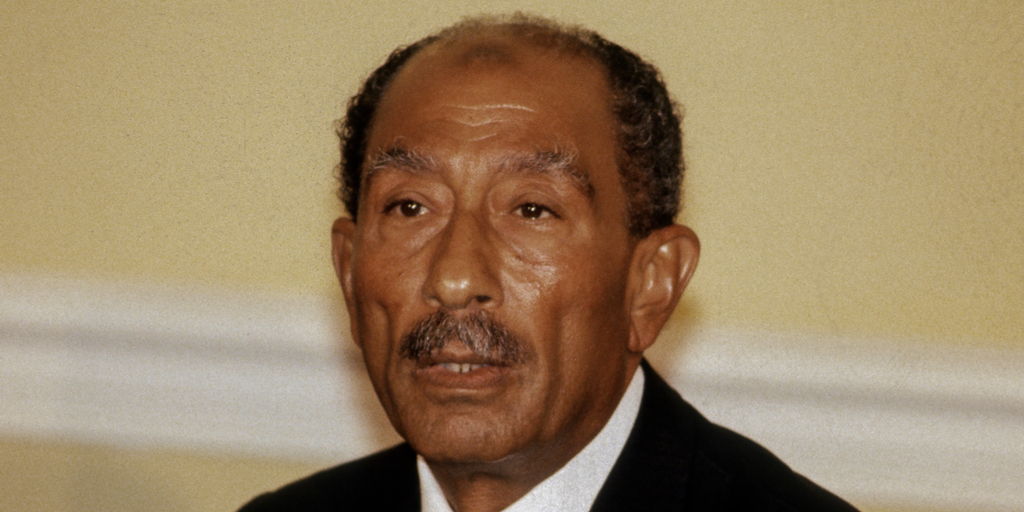Authoritarian rulers need to implement laws as much as non-authoritarians do, and that means judges have more independence than you might think.
Judicial Independence, Authoritarian Politics, and Blame Shifting
Yesterday I looked at how judicial independence, at least “in the small,” exists in authoritarian systems. It inheres in the very nature of the principal-agent relationship between authoritarian rulers and judges. Given the usefulness of courts for implementing authoritarian decrees, rulers naturally want to delegate some power to judges to make decisions without the immediate supervision of the ruler. Because monitoring is costly, at least as an opportunity cost, rulers neither want to monitor judges constantly nor can they monitor judges constantly. The judges, even in authoritarian systems, have a real form of “independence.”
This independence largely serves the regime. After all, governing officials, whether authoritarian or not, mainly use judicial systems to implement and enforce laws. That’s the bulk of the judiciary’s work. To be sure, given inherent gaps in accountability in principal-agent relationships, judges can, if they wish, employ these interstices occasionally to rule contrary to the preferences of the ruler. In the main, however, judicial “independence,” at least in this form, serves regime interests rather than hinders prevents their achievement.
In her 2012 book, Courts Under Constraints: Judges, Generals, and Presidents in Argentina, Gretchen Helmke employs a more conventional sense of “judicial independence,” meaning judges who can rule against the regime without fear. Here she observes that independent-minded judges in authoritarian polities can wait for weaknesses in a regime to surface, then make use of those opportunities to rule against the regime without as much fear of retaliation as when the regime was stronger. In this way judges can, and have, helped the transition of nations away from authoritarian rule. That said, in times in which a ruler is losing control, the ruler cannot be said fully to be “authoritarian.” Transition cases are not pure examples of judicial independence in authoritarian systems.
Transitions aside, scholars forward at least two reasons why some authoritarian governments might, surprisingly yet intentionally, endow their judges with some power to rule against the ruler. This reasons are blame shifting, and making credible commitments to protect private property, particularly foreign business investment.
On blame shifting, Tamir Moustafa suggests under Presidents Sadat and Mubarak courts in Egypt occasionally ran interference for the executive by striking down popular policies implemented by the government. This ostensibly allowed leaders to appear to maintain populist credentials while nonetheless shedding costly or inconvenient programs. The judges then got the blame rather than the ruler.
While possible, I am dubious that blame shifting works adequately to explain the behavior of government officials, whether in authoritarian or democratic polities. The informational requirements for blame shifting seem overly fragile: On the one hand, citizens would need know that a judge rather than the ruler eliminated a popular policy (or implemented an unpopular one), while, on the other hand, citizens could not know or surmise the ruler set up the judiciary in order to shift blame. To the extent an authoritarian ruler is indeed an authoritarian, the circumstances under which a ruler could successfully shift blame onto other institutions would seem narrow indeed.
Moustafa also suggests that several Egyptian rulers – and Anwar Sadat in particular – created judges with authority to protect private property against government expropriation. He suggests Sadat needed a credible “commitment mechanism” for the protection of private property to attract international investors back to Egypt after Nasser’s turn to confiscatory socialism.
Ironically, sometimes too much power hinders one’s ability to achieve what one desires. How does any authoritarian worth that label make credible policy commitments? Almost by definition, what an authoritarian does can just as easily be undone by the authoritarian.
The idea that an authoritarian ruler can create courts with the power to set aside the ruler’s decrees as a way the ruler can credibly commit to a set of policies doesn’t really work. At least it doesn’t work if the ruler remains an authoritarian. If a ruler can abolish courts as easily as they were created, then courts cannot credibly serve as commitment mechanisms. An authoritarian ruler asserting a commitment to property rights (or any rights for that matter), and creating a judiciary to enforce them that can be dismantled as easily as it was mantled, is little more than cheap talk. Parchment barriers with a vengeance.
To be sure, an authoritarian ruler might use courts to engender Spence-like costly signaling (what I term efficient waste). This would not entail the ruler cease to be an authoritarian to observe courts ruling against the ruler. For example, an authoritarian might signal a long-term time horizon, one in which the value of capital as a going concern outweighs the value of the capital as a confiscated lump, by allowing judges to impose costs upon the regime in the form of protecting (some) individual rights. Observers would see judges ruling against the regime even though the ruler is firmly in control of the government, and firmly in control of the judiciary itself.
The value of courts in authoritarian systems, as with any agent in a principal agent relationship, is precisely that they can act independently of the ruler, at least in ordinary legal cases. For the most part this independence serves the interests of the regime rather than runs contrary to it. To be sure, this creates some slack. So regime-serving independence also creates some room for independent judicial activity contrary to the interests of the ruler. The cost of this slack, however, is more than made up by the value of courts in extending and intensifying control of the society by the ruler.


